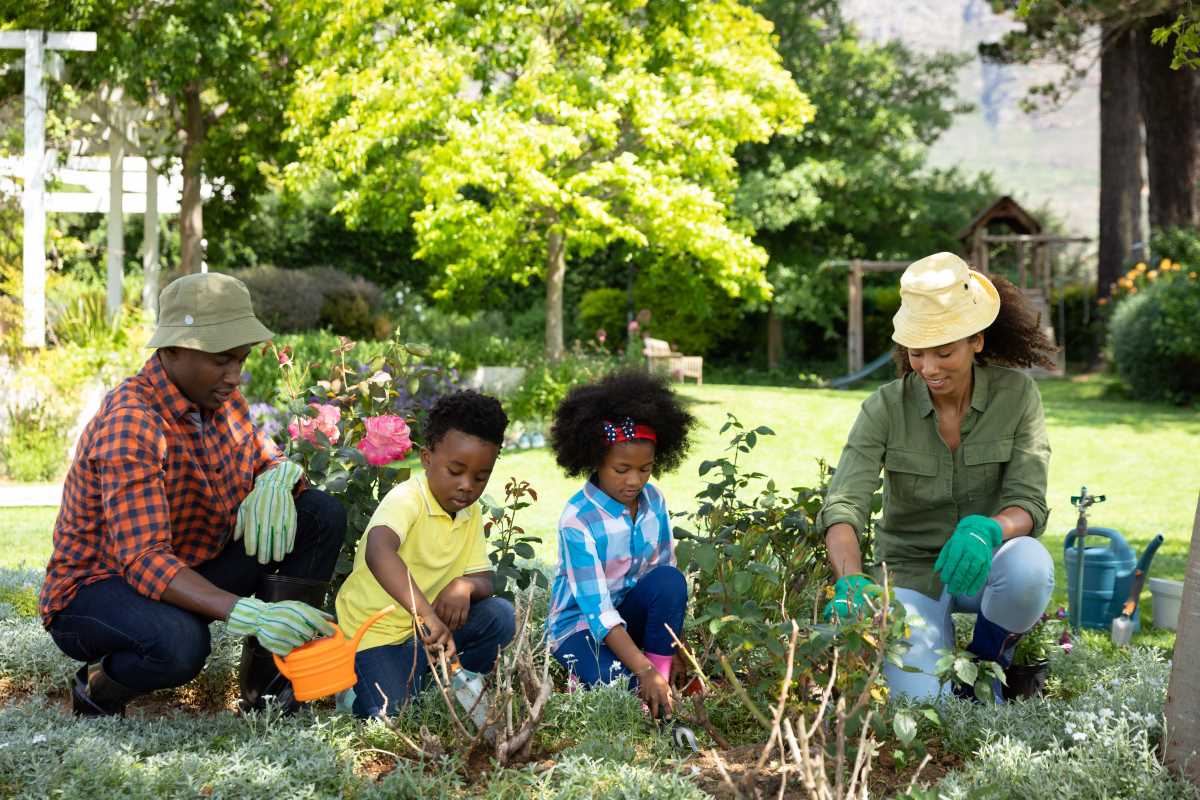Confidence is a crucial trait for children to develop as it can positively impact every aspect of their lives, from school performance to social interactions. Building confidence in children is a continuous process that requires patience and support from parents and caregivers. Here are some key strategies to help nurture and boost a child's self-confidence.
Encouragement and Praise
Encouraging and praising children for their efforts rather than focusing solely on achievements is essential in building their confidence. When children feel appreciated for their hard work and progress, they are more likely to develop a growth mindset and be willing to take on new challenges.
Setting Realistic Goals
Setting achievable goals tailored to a child's abilities and interests can help them build confidence as they experience success. Celebrating small victories along the way will motivate children to continue pursuing their goals and boost their self-esteem.
Teach Resilience
Resilience is a crucial skill that can help children navigate setbacks and failures with confidence. By teaching children how to bounce back from challenges and learn from their mistakes, they will develop the resilience needed to face adversity with a positive outlook.
Encourage Independence
Encouraging children to make decisions and solve problems on their own can help build their confidence and sense of autonomy. Allowing children to take on age-appropriate responsibilities and tasks empowers them to believe in their abilities and capabilities.
Promote Positive Self-Image
Promoting a positive self-image in children involves helping them identify their strengths and unique qualities. Encouraging self-expression, fostering a sense of individuality, and teaching self-compassion are crucial in building a healthy self-esteem that will contribute to overall confidence.
Provide Opportunities for Skill Building
Engaging children in a variety of activities and hobbies that interest them can help develop their skills and talents. Building competence in different areas can boost children's confidence as they see their progress and accomplishments grow over time.
Foster a Supportive Environment
Creating a supportive and nurturing environment at home and in school is essential for building children's confidence. Encouraging open communication, showing empathy, and offering unconditional love and support can help children feel valued and secure in expressing themselves.
In conclusion, building confidence in children is a multifaceted process that involves nurturing their self-esteem, resilience, and independence. By implementing these strategies and providing a supportive environment, parents and caregivers can help children develop the self-confidence they need to thrive in all aspects of their lives.
 (Image via
(Image via





